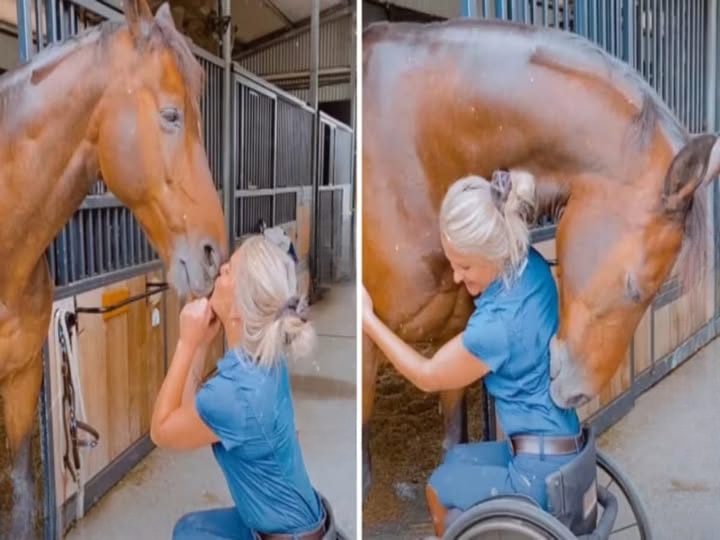People often claim that your first deeply personal experience is unforgettable. Mine, however, is defined not by excitement or curiosity, but by fear, confusion, and a profound sense of vulnerability. While others might recall anticipation or joy, my memory is dominated by tears streaming down my face, the quiet trembling of my hands, and the urgent movements of medical staff trying to regain control of a situation that had spun out of reach. What should have been intimate, natural, and even empowering instead became a frightening blur — a sequence of panic in a bathroom, the cold antiseptic smell of a hospital room, and hours of examinations that seemed endless. The incident left a mark far beyond the physical recovery, etched into my memory in vivid, almost unbearable detail.
Culturally, such experiences are often framed as milestones, rites of passage, or even humorous anecdotes. Stories are told in hushed or exaggerated tones, painting a picture of awkward excitement or playful discovery. Rarely, however, do we hear about what happens when things go wrong — when the body reacts unpredictably, complications arise, and young people are left feeling isolated and ashamed. Many communities treat conversations about health, consent, and bodily autonomy as taboo, creating a vacuum filled by myths and misinformation. Without guidance, young people often internalize shame for circumstances entirely beyond their control.
In my case, complications transformed what should have been a moment of trust into a frightening ordeal. I remember the panic vividly: the tightness in my chest, the dizziness, the walls seeming to close in around me. My friend, who had offered comfort, could only hold my hand and whisper words that barely cut through the fog of fear. The hours that followed in the hospital were surreal: tests, questions, and sterile procedures played out mechanically while I replayed every detail in my mind, searching for a moment where I could have done something differently.
The emotional aftermath proved more enduring than the physical injuries. My body eventually healed, but the memory lingered, haunting quiet moments long afterward. Each recollection brought waves of self-blame and shame, despite doctors later confirming that the situation was largely preventable with prior knowledge and preparation. Relief came with frustration — frustration at the lack of education and resources that could have spared me weeks of fear and months of emotional struggle.
Looking back, it is clear how the absence of open dialogue and practical guidance left young people like me navigating complex experiences with little support. Safety, consent, bodily awareness, and communication are not intuitive for everyone. Without clear guidance, even minor complications can escalate into overwhelming emergencies. My story underscores the importance of education, honesty, and proactive preparation — not just for physical health, but for emotional resilience.
Today, I recognize how this incident shaped my approach to intimacy, personal experiences, and communication. It taught me that fear and vulnerability often accompany growth, and that reliable knowledge and support can transform the scariest moments into learning experiences rather than lasting trauma. It also impressed upon me the importance of speaking openly, dismantling myths and silence, and empowering young people to navigate their bodies and emotions safely, confidently, and without shame.
That night replayed endlessly in my mind, each iteration bringing regret, questions, and anxiety. Yet with time, reflection, and support, it became a lens through which I could examine the gaps in education that left me unprepared. The memory evolved from one of fear into a story of preparation, guidance, and understanding. And while it will never fully fade, it now serves as a powerful reminder: with knowledge, communication, and care, what once felt like chaos can become insight, safety, and even empowerment.
